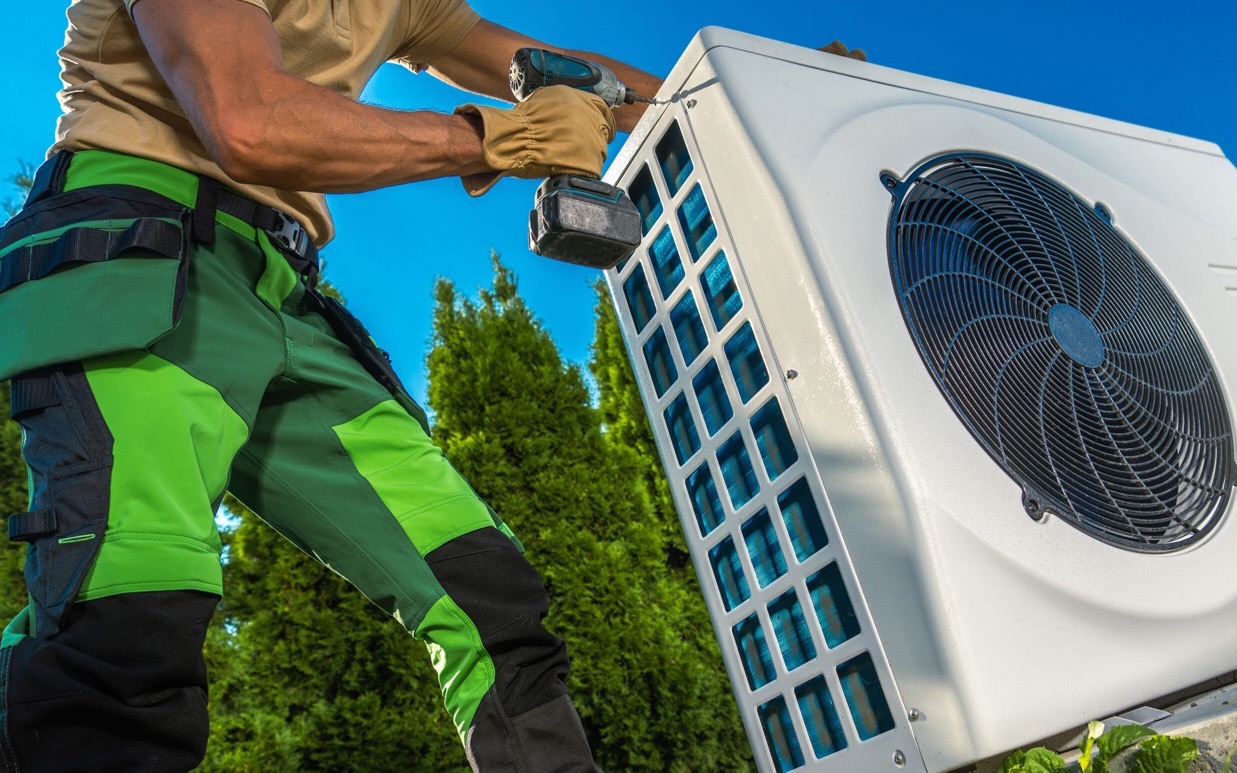

Articles
How Long Should My HVAC Fan Run Per Hour
Modified: February 23, 2024
Wondering how long your HVAC fan should run per hour? Check out our informative articles for expert advice and tips on optimizing your HVAC system.
(Many of the links in this article redirect to a specific reviewed product. Your purchase of these products through affiliate links helps to generate commission for Storables.com, at no extra cost. Learn more)
Introduction
When it comes to maintaining a comfortable indoor environment, your HVAC system plays a crucial role. One important component of your HVAC system is the fan, which circulates the air throughout your home or office. But how long should your HVAC fan run per hour? This is a common question among homeowners and business owners alike.
There is no one-size-fits-all answer to this question, as the ideal fan run time can vary depending on several factors. Understanding these factors and their impact on the performance and efficiency of your HVAC system is key to making an informed decision about the duration of your fan’s operation.
In this article, we will explore the factors you should consider when determining how long your HVAC fan should run per hour. We will also provide recommendations, benefits, and potential risks associated with longer fan run times. Additionally, we will offer tips on adjusting your fan run time to achieve the optimal balance between comfort and efficiency.
By the end of this article, you will have a better understanding of how long your HVAC fan should run per hour and how to effectively manage its operation for maximum comfort and energy efficiency. So let’s dive in!
Key Takeaways:
- Finding the right balance between comfort and energy efficiency is crucial when determining how long your HVAC fan should run per hour. Consider factors such as climate, occupancy, and air quality to optimize performance.
- Longer fan run times can provide benefits such as improved air circulation and better air quality, but it’s essential to weigh these against potential risks like increased energy consumption and wear and tear on the system. Consulting with an HVAC professional can provide valuable insights for your specific situation.
Read more: How Many Hours Should An AC Run Per Day
Factors to Consider
When determining the appropriate run time for your HVAC fan, it’s important to take into account several key factors. These factors can vary depending on your specific circumstances, so let’s explore the main considerations:
- Climate and Weather: The climate in your region plays a significant role in determining the fan run time. In hot and humid climates, running the fan continuously can help distribute cool air and improve comfort. Conversely, in cooler climates, you may not need the fan to run constantly.
- Building Insulation: The level of insulation in your home or building can impact the fan run time. Well-insulated spaces tend to retain temperature better, reducing the need for prolonged fan operation. On the other hand, poorly insulated areas may require a longer fan run time to ensure consistent temperature distribution.
- Occupancy and Activities: The number of people in the space and their activities can influence the fan run time. In highly occupied areas, such as offices or commercial spaces, running the fan continuously can help maintain air circulation and promote a comfortable environment. However, in less frequently occupied areas, you may not need the fan to run as often.
- Indoor Air Quality: If you are concerned about indoor air quality, running the fan continuously can be beneficial. The continuous air circulation helps filter and remove airborne particles, allergens, and pollutants, leading to improved air quality and a healthier living or working environment.
- Energy Efficiency: Balancing comfort with energy efficiency is essential. Running the fan constantly can increase energy consumption and result in higher utility bills. Consider your energy-saving goals and evaluate if adjusting the fan run time can help achieve a balance between comfort and energy efficiency.
By considering these factors, you can make a more informed decision about how long your HVAC fan should run per hour. It’s essential to find the right balance that meets your comfort needs while maximizing energy efficiency.
Recommended Fan Run Time
While there is no universal recommendation for how long your HVAC fan should run per hour, there are some general guidelines you can follow based on industry standards and best practices. Keep in mind that these recommendations can be adjusted based on the factors we discussed earlier.
For most homes or buildings, running the HVAC fan for about 15-20 minutes per hour is typically sufficient to maintain adequate air circulation and comfort. This intermittent operation helps distribute conditioned air, prevent stagnant air pockets, and reduce hot or cold spots.
However, there may be situations where longer fan run times are necessary. For example, during hot and humid weather or in locations with poor airflow, running the fan continuously can help improve comfort by reducing the temperature and humidity levels. Additionally, if you have concerns about indoor air quality, longer fan run times can enhance air filtration and ventilation.
It’s important to note that these recommendations may vary depending on your specific circumstances. Consulting with a certified HVAC professional can provide valuable insights into the optimal run time for your particular system and environment.
Remember, finding the right balance between comfort and energy efficiency is key. Running the fan longer than necessary can increase energy consumption and put unnecessary strain on your HVAC system, resulting in higher energy bills and potential wear and tear.
By considering the factors we discussed earlier and following these general guidelines, you can determine a recommended fan run time that suits your needs and promotes a comfortable and energy-efficient indoor environment.
Benefits of Longer Fan Run Time
While the recommended fan run time for your HVAC system is typically around 15-20 minutes per hour, there are some benefits to running the fan for longer periods, depending on your specific circumstances. Let’s explore these benefits:
- Better Air Circulation: Running the fan for longer durations helps improve air circulation throughout your home or building. This can help even out temperatures, eliminate stagnant air pockets, and reduce hot or cold spots. As a result, you can enjoy more consistent comfort in every room.
- Improved Air Quality: Longer fan run times promote better indoor air quality. The continuous circulation of air helps filter out dust, allergens, and pollutants, keeping the air cleaner and healthier. This is especially beneficial for individuals with respiratory issues or allergies.
- Reduced Humidity: In humid climates or during the summer months, running the fan longer can help reduce indoor humidity levels. By continuously circulating air, the fan promotes evaporation and facilitates moisture removal, leading to a more comfortable and less muggy indoor environment.
- Noise Reduction: If your HVAC system tends to produce noticeable noise when it cycles on and off, running the fan continuously can help mask these sounds. The constant hum of the fan can provide a soothing white noise effect, making your space quieter and more peaceful.
- Energy Efficiency: Contrary to the perception that longer fan run times lead to higher energy consumption, there are cases where extended operation can be more energy-efficient. This is particularly true in climates where it’s more economical to let the fan distribute cool or warm air rather than relying solely on the heating or cooling system itself.
It’s important to consider these benefits in relation to your specific needs and circumstances. Consulting with an HVAC professional can provide insights into whether longer fan run times are beneficial for your particular situation.
However, it is essential to strike a balance between the benefits of longer fan run times and the potential drawbacks, which we will discuss in the next section. By finding the right balance, you can optimize your HVAC system’s performance, comfort levels, and energy efficiency.
Set your HVAC fan to run for at least 15 minutes every hour to maintain air circulation and filtration, without causing excessive wear on the system.
Risks of Longer Fan Run Time
While there are benefits to running your HVAC fan for longer durations, it’s important to be aware of the potential risks associated with extended fan run times. Let’s explore these risks:
- Increased Energy Consumption: Running the fan for longer periods can lead to higher energy consumption, resulting in increased utility bills. While newer HVAC systems are designed to be energy-efficient, continuous fan operation can still contribute to higher energy costs over time.
- Wear and Tear: Extended fan run times can put additional strain on your HVAC system. The constant operation of the fan motor and components can increase the wear and tear, potentially leading to premature wear-out and the need for more frequent repairs or replacements.
- Potential Air Leakage: If your HVAC ductwork has any leaks or gaps, running the fan continuously can exacerbate the issue. The increased air pressure from the prolonged fan operation may lead to more air leakage, reducing the effectiveness of your system and potentially causing energy wastage.
- Noise Level: While longer fan run times can help mask the noise produced by the HVAC system’s cycling, it’s important to consider the noise level generated by the fan itself. If the noise becomes intrusive or disruptive, it may outweigh the benefits of extended fan operation.
- Dry Air Concerns: In certain climates or during specific seasons, running the fan for longer periods can lead to drier indoor air. Continuous air circulation can increase moisture evaporation, potentially causing discomfort, dry skin, and respiratory issues for some individuals.
It’s essential to assess these risks and determine if the benefits of longer fan run times outweigh the potential drawbacks for your specific situation. Consulting with an HVAC professional can provide valuable insights into the potential risks and help you make an informed decision.
Ultimately, finding the balance between comfort, energy efficiency, and the longevity of your HVAC system is crucial. Adjusting the fan run time based on your needs, the climate, and the condition of your system can help mitigate these risks and ensure optimal performance.
Read more: How Long Should An Attic Fan Run
Tips for Adjusting Fan Run Time
Adjusting the fan run time for your HVAC system can help you strike a balance between comfort and energy efficiency. Here are some helpful tips to guide you in adjusting the fan run time:
- Consider your climate: Evaluate the climate in your region and the specific needs of your space. In hot and humid climates, running the fan longer may be beneficial to improve air circulation and reduce humidity levels. In cooler climates, shorter fan run times may be sufficient.
- Assess occupancy levels: Take into account the number of people in your home or building and their activities. In highly occupied areas, running the fan continuously can help maintain air quality and comfort. In less frequently occupied areas, shorter fan run times may be suitable.
- Monitor indoor air quality: If indoor air quality is a concern, consider running the fan for longer durations. Continuous air circulation helps filter out pollutants and allergens, improving the overall air quality in your space.
- Balance energy efficiency: Find the optimal balance between comfort and energy efficiency. Adjust the fan run time based on your energy-saving goals. Experiment with different run times to determine the ideal duration that meets your comfort needs while minimizing energy consumption.
- Inspect ductwork: Regularly check for any leaks or gaps in your HVAC ductwork. Ensure proper insulation and sealing to minimize air leakage. Addressing these issues can help maximize the effectiveness of your fan operation and reduce energy wastage.
- Utilize timed settings: Take advantage of the timed settings on your thermostat. Program the fan to run during specific periods of the day when you need it most, such as during the peak heat or cold hours. This allows you to control the fan run time and tailor it to your schedule.
- Consult with an HVAC professional: If you’re unsure about adjusting the fan run time or need expert guidance, consult with a certified HVAC professional. They can assess your specific situation, provide personalized recommendations, and ensure your system operates optimally.
By considering these tips and understanding your unique needs, you can adjust the fan run time to achieve the optimal balance between comfort, air quality, and energy efficiency.
Conclusion
Determining how long your HVAC fan should run per hour is a decision that depends on several factors, including climate, occupancy, and energy efficiency goals. While there is no one-size-fits-all answer, considering these factors can help you find the optimal balance between comfort and efficiency.
Recommended fan run times typically range from 15-20 minutes per hour, ensuring adequate air circulation and temperature distribution. However, there are instances where longer fan run times can provide additional benefits, such as improved air circulation, better air quality, and reduced humidity levels. It’s important to weigh these benefits against potential risks, such as increased energy consumption and wear and tear on the system.
Adjusting the fan run time requires careful consideration of your specific needs and circumstances. Factors such as climate, occupancy levels, and indoor air quality should all be taken into account. Monitoring and optimizing the performance of your HVAC system, including regular ductwork inspections and utilizing timed settings, can help you achieve the desired comfort and energy efficiency.
If you’re unsure about adjusting the fan run time or need expert advice, consult with a certified HVAC professional. They can provide personalized recommendations based on your specific situation, ensuring that your HVAC system operates optimally to meet your comfort needs while minimizing energy consumption.
Remember, finding the right balance is key. By considering the factors discussed in this article and following the tips provided, you can determine the appropriate fan run time for your HVAC system, creating a comfortable living or working environment while maximizing energy efficiency.
Frequently Asked Questions about How Long Should My HVAC Fan Run Per Hour
Was this page helpful?
At Storables.com, we guarantee accurate and reliable information. Our content, validated by Expert Board Contributors, is crafted following stringent Editorial Policies. We're committed to providing you with well-researched, expert-backed insights for all your informational needs.
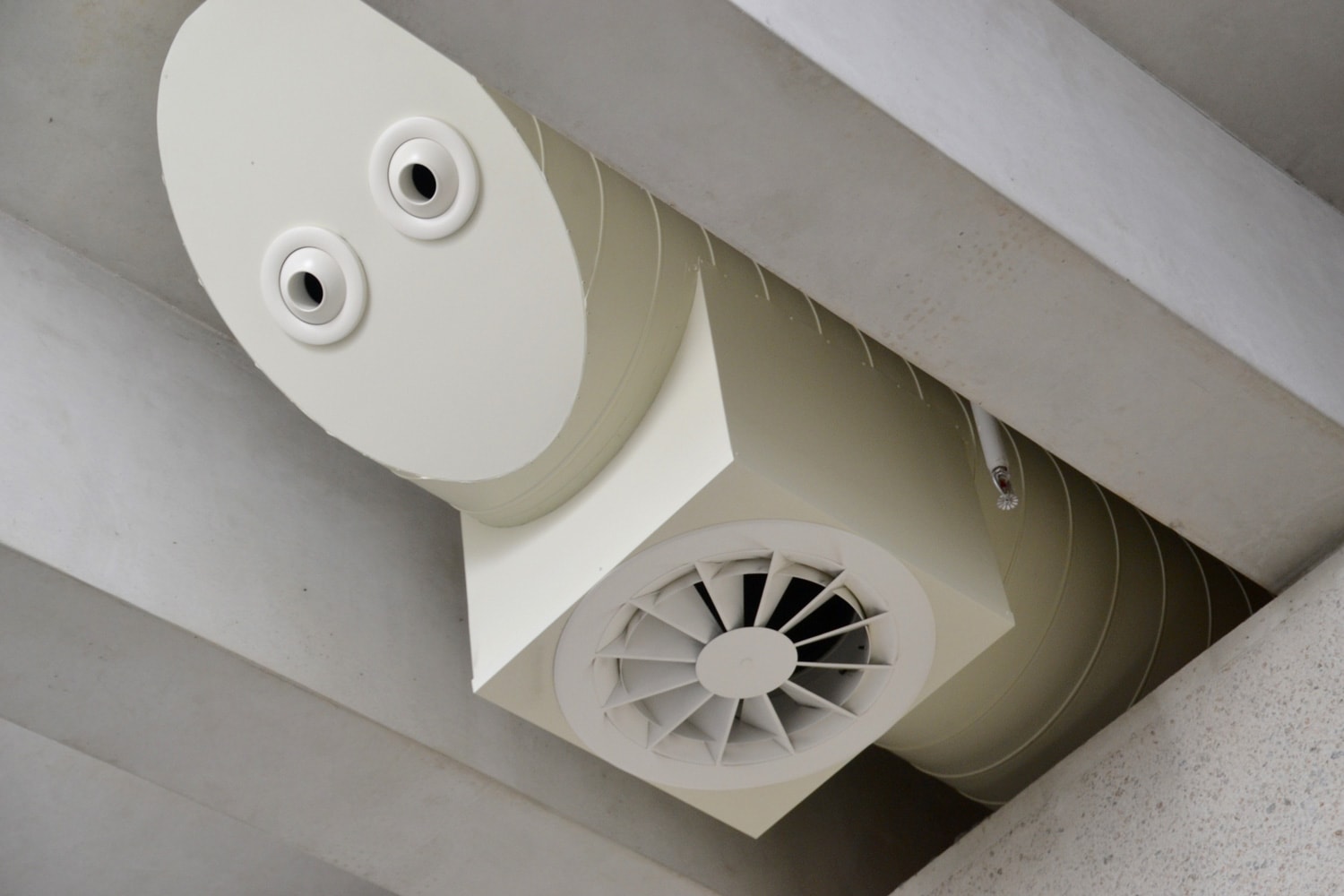

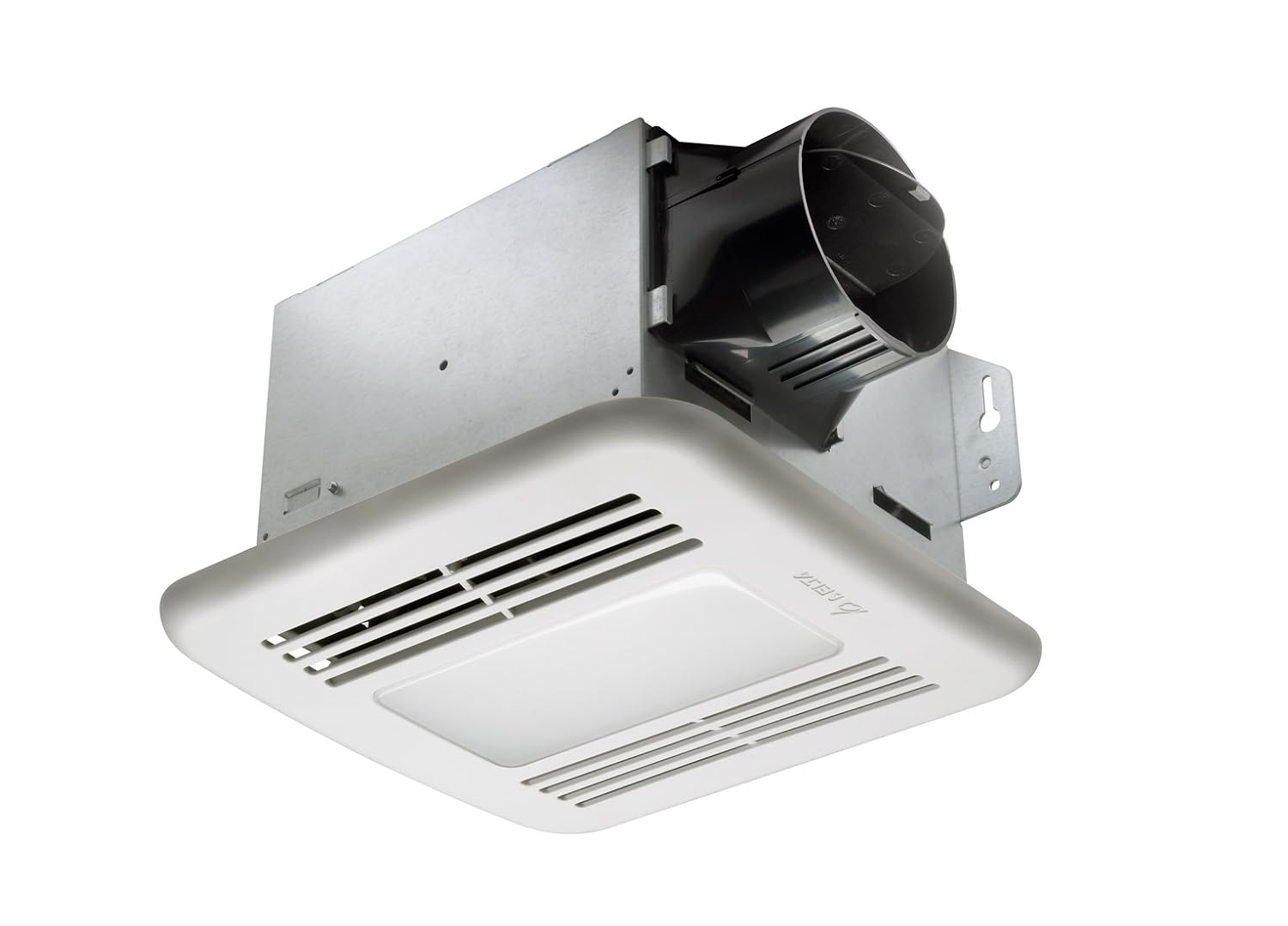
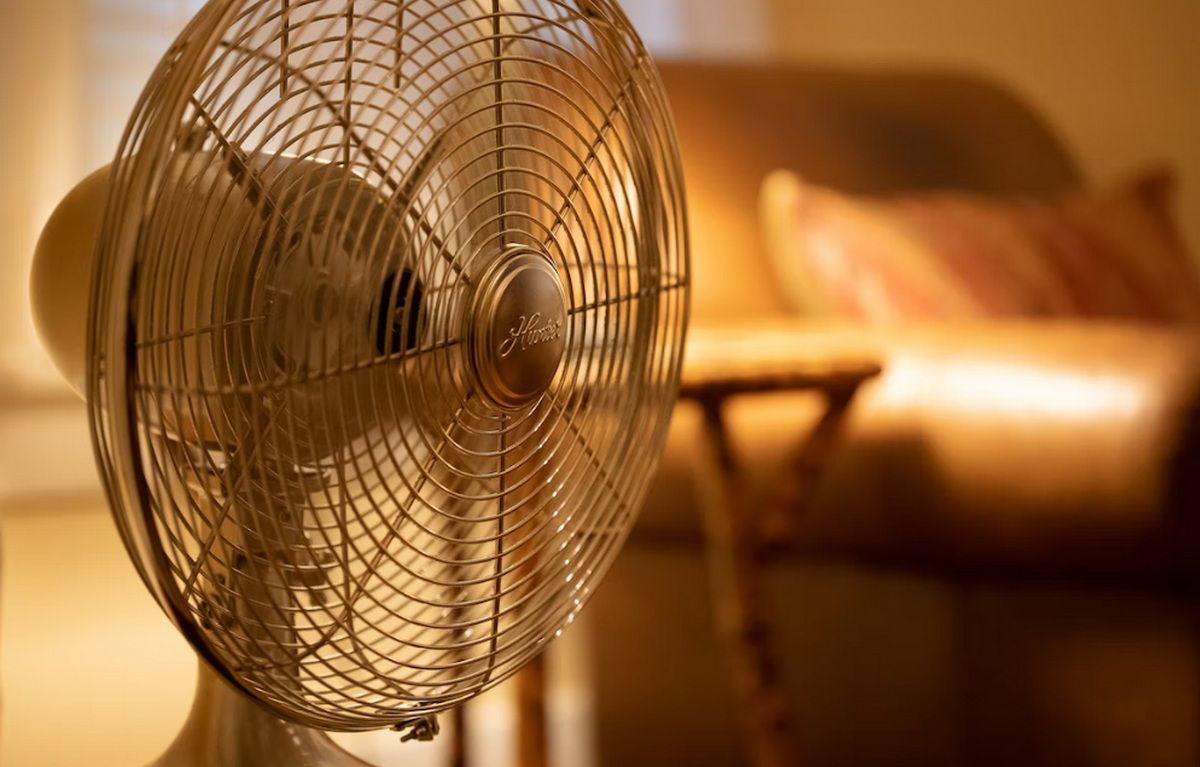
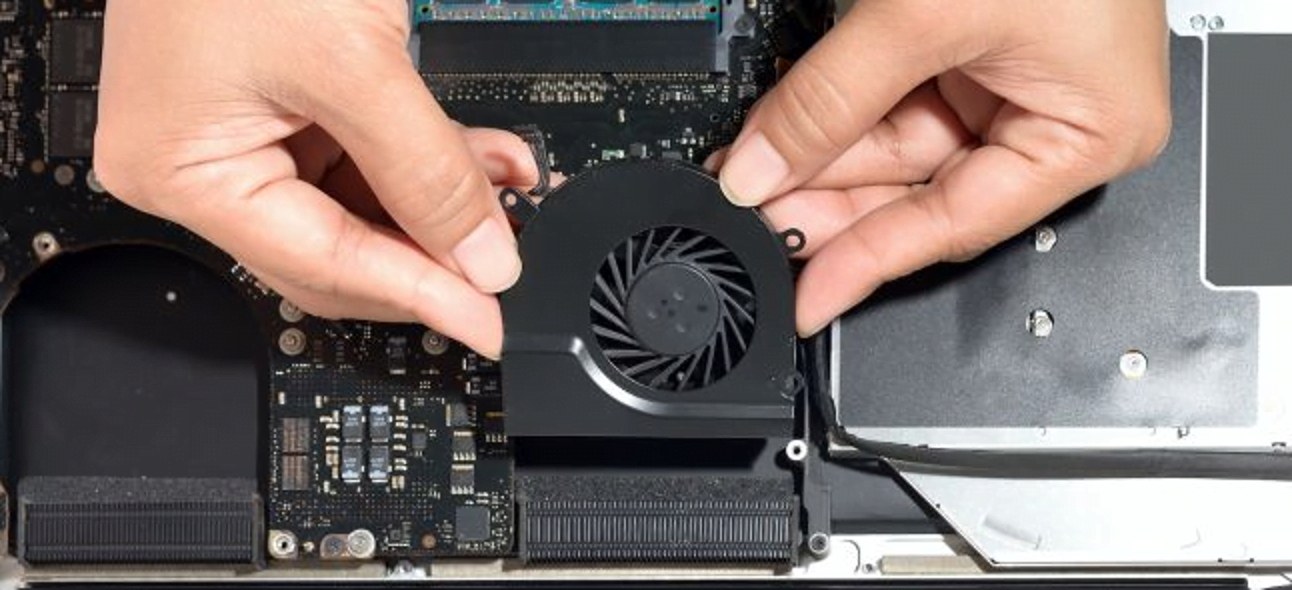
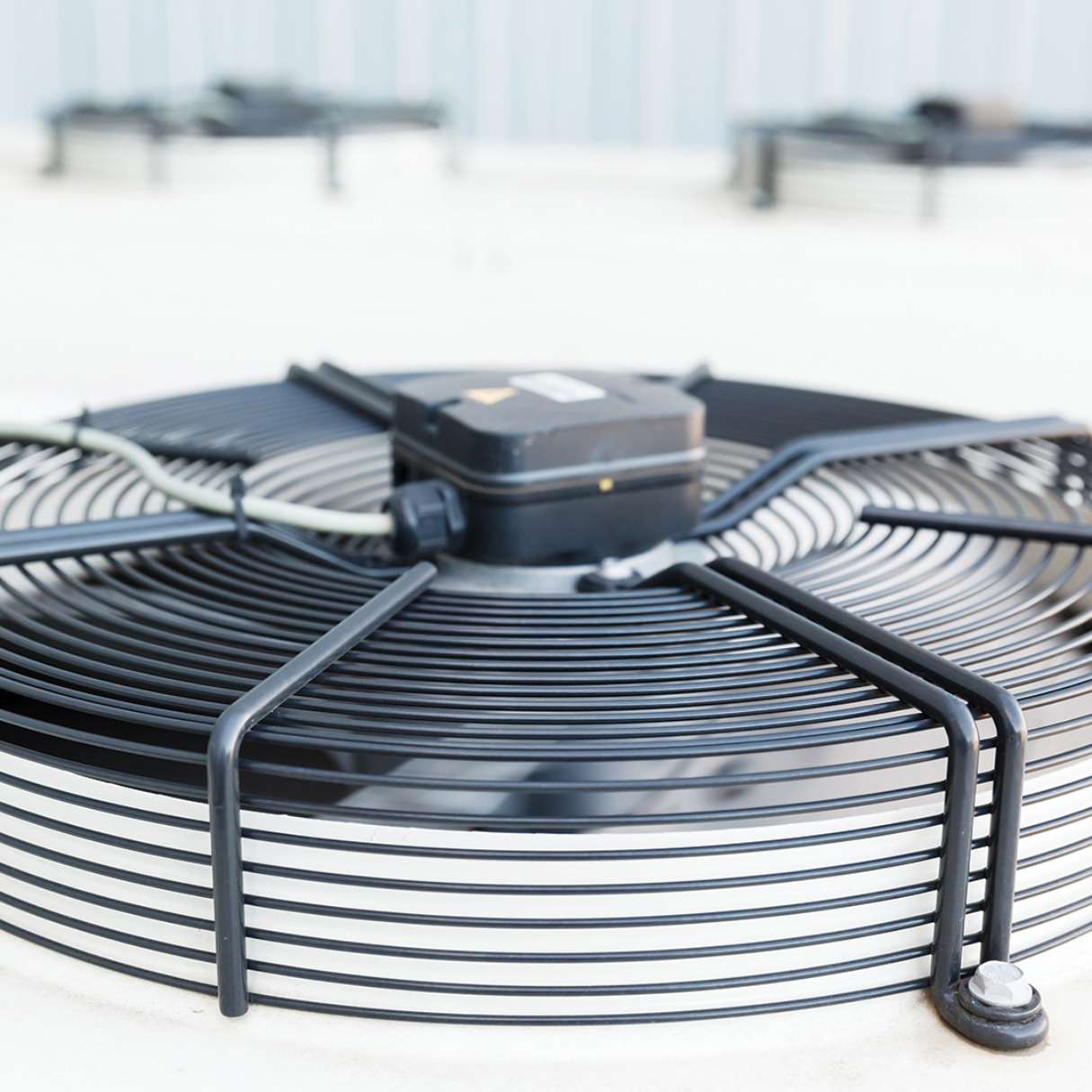
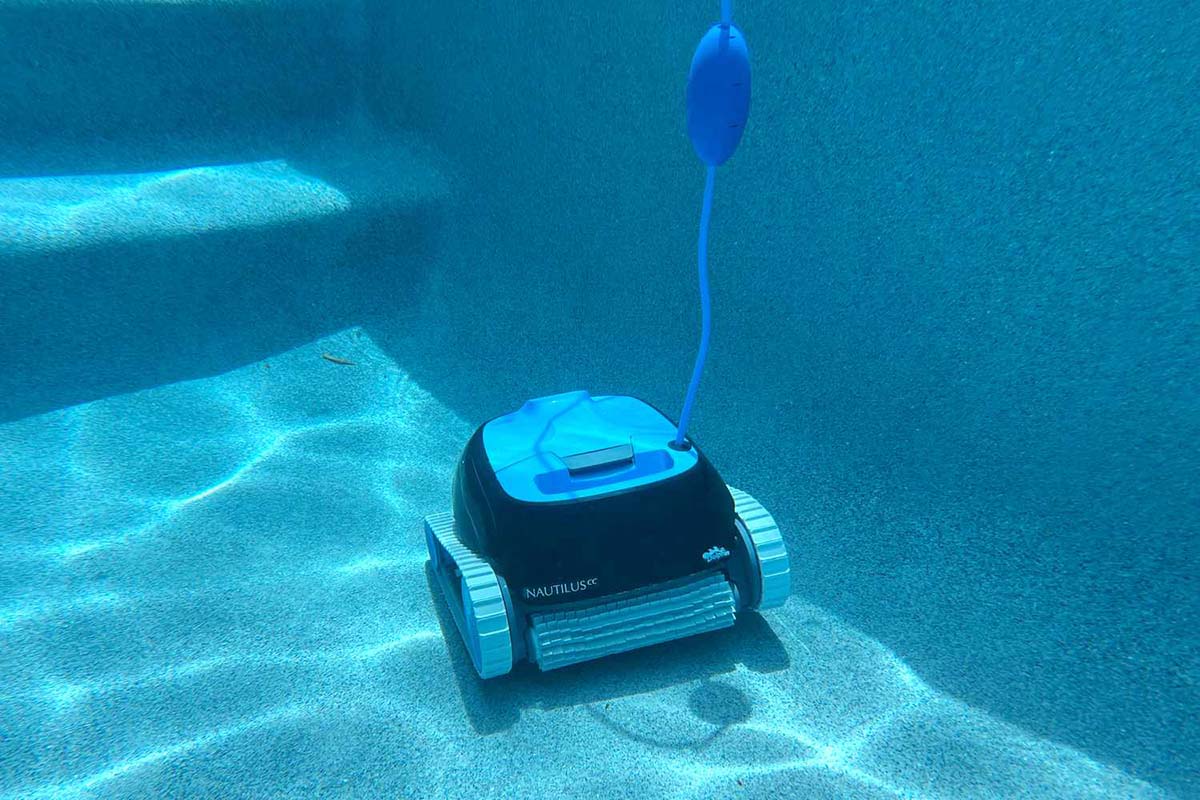
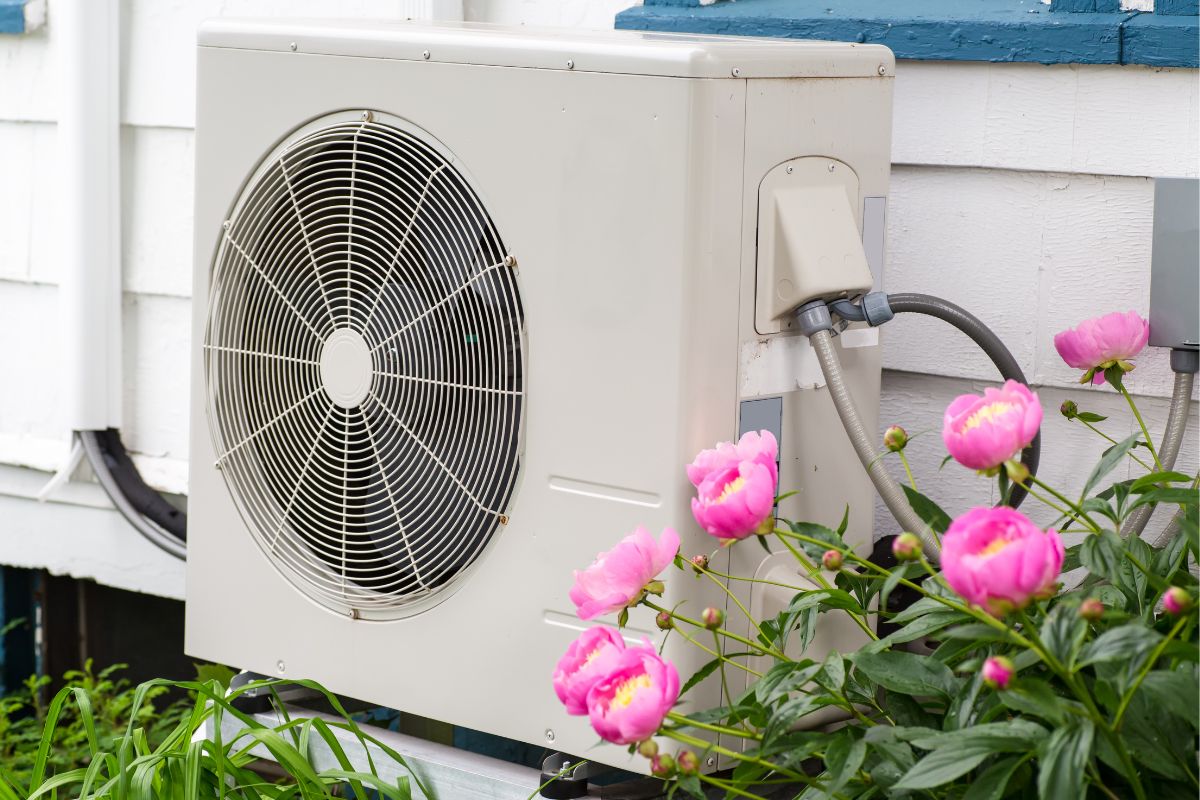
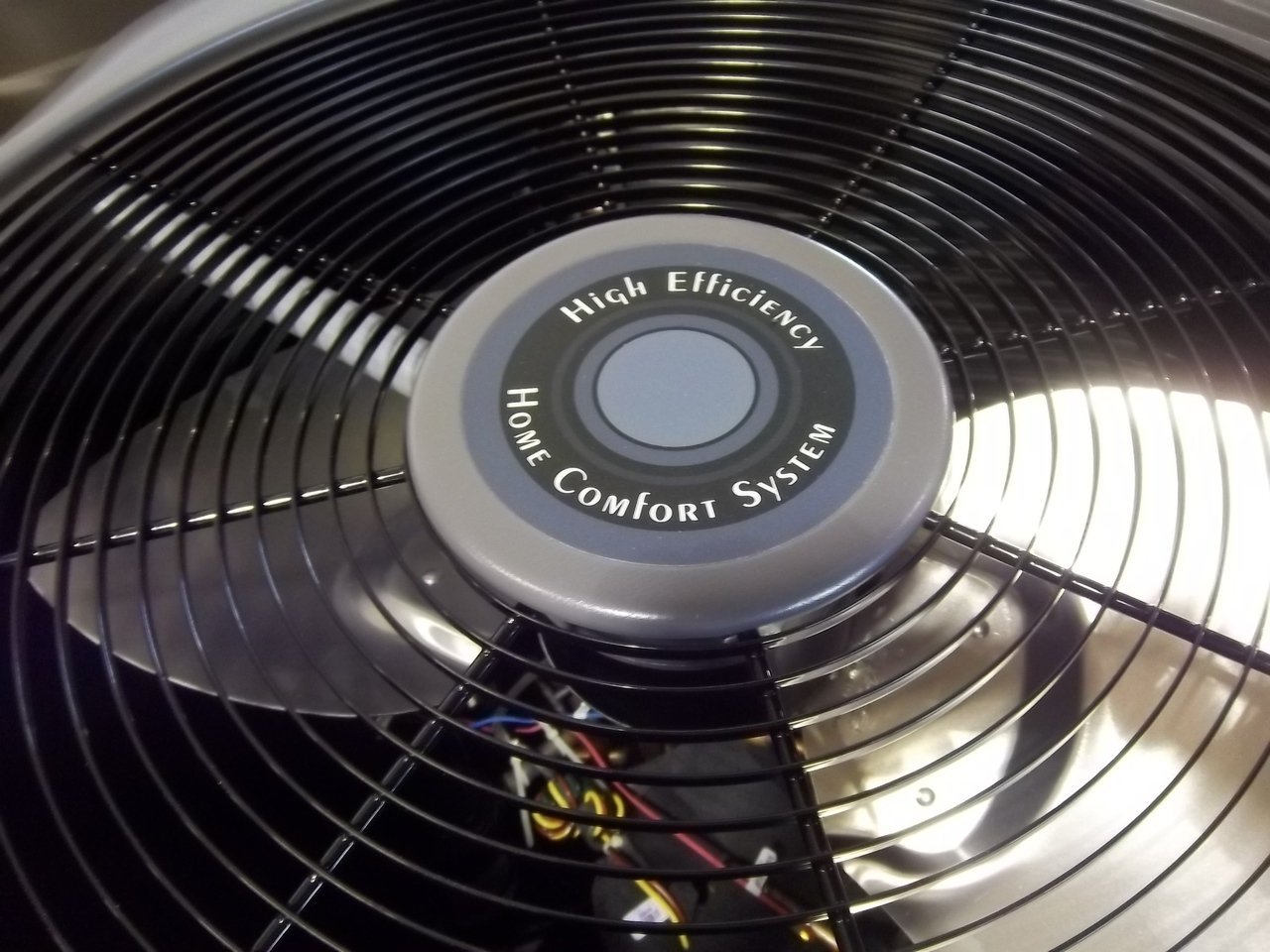
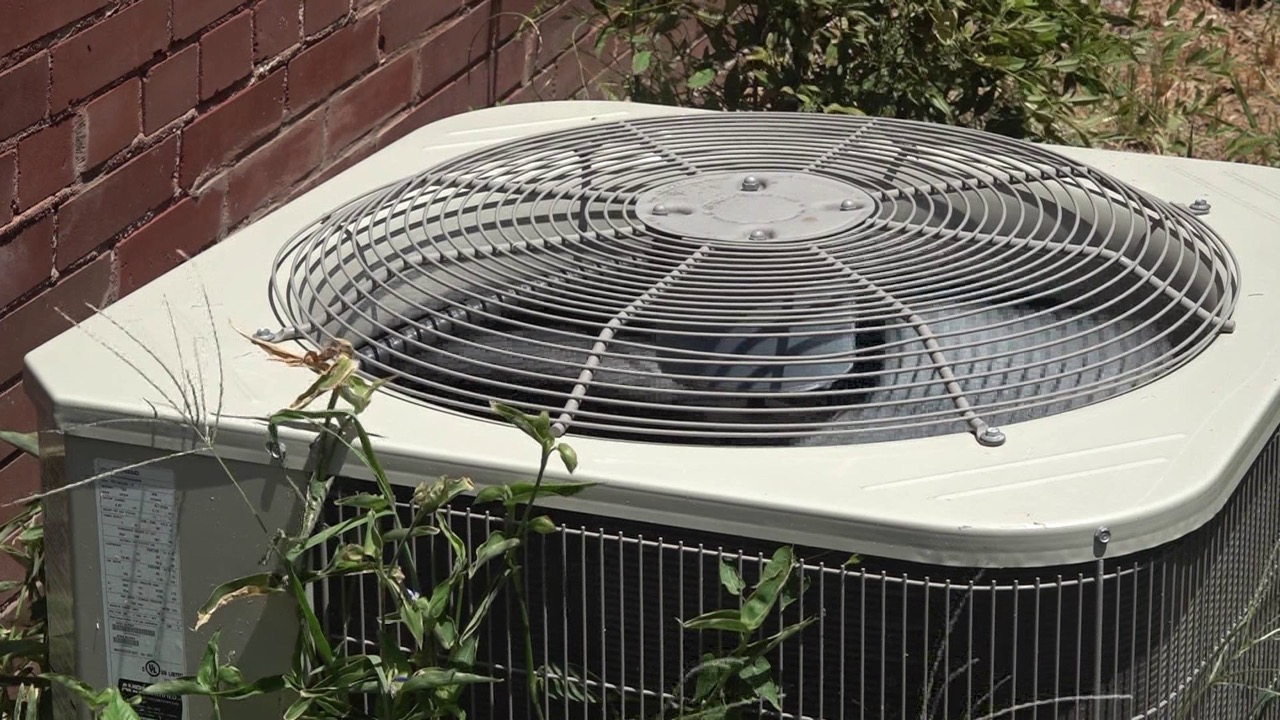
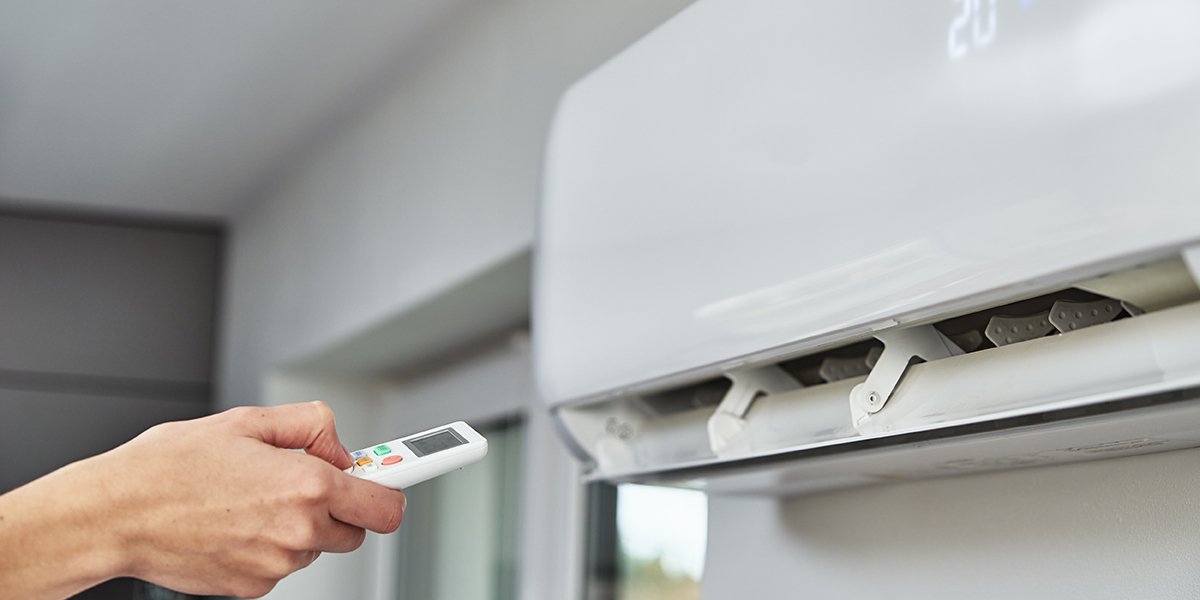




0 thoughts on “How Long Should My HVAC Fan Run Per Hour”